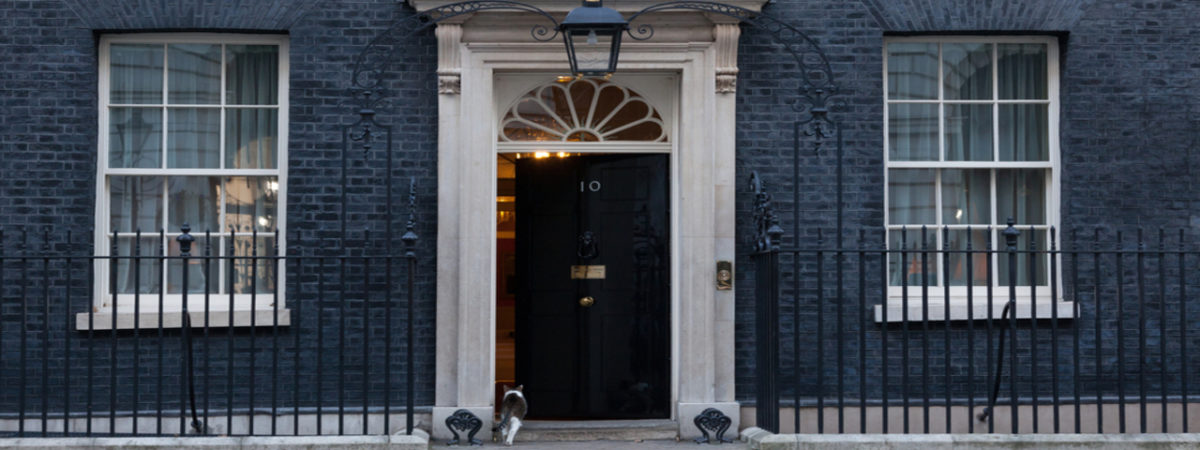Energy Security Strategy is “a wasted opportunity”, says IEA energy analyst
SUGGESTED


Victoria Hewson and Len Shackleton write for Conservative Home

Commenting on the government’s Energy Security Strategy, Andy Mayer, energy analyst at free market think tank the Institute of Economic Affairs, said:
- The Energy Security Strategy is a wasted opportunity to put energy policy into a fundamental review.
- It will mean higher bills, greater fuel poverty, and further offshoring of energy-intensive industries.
- Small steps have been taken to reduce regulatory barriers, but the UK needs to rapidly increase domestic gas supply from the North Sea and onshore fracking.
- The nationalisation and creation of a Future Supply Organisation means the strategy will be overseen by a giant technocratic committee of experts rather than responding to market forces, as would be the case under a simple, consistent carbon tax.
- The most disgraceful element is the retention of a plan to put higher carbon charges on gas bills at a time when residential bills are set to rise to an average of £2,600 per household.
“The central message of the Energy Security Strategy is that the government still prefers targets and picking winners to trusting markets. The consequence will be higher bills, greater fuel poverty, and further offshoring of energy-intensive industries.
“The UK currently has a gas supply crisis. Central to any solution must be a commitment to rapidly increase domestic supply from the North Sea and onshore fracking. Small moves have been made to reduce some regulatory barriers, and the scientific review into fracking is welcome. But at the same time additional regulations will be imposed elsewhere, including burdening industry with carbon capture projects entirely unsuitable for the UK. This interference will not only cause delay but will deny the Treasury one of the best sources of tax to pay for the low carbon transition.
“An expansion of targets for wind and solar was inevitable, and the nod to speeding up regulatory approvals will help. But no thought has been put into ensuring these industries carry the cost of their intermittency, which will continue to increase, particularly given the scale of ambition to decarbonise power, heat and transport simultaneously. A more cautious approach, with more honesty over costs, would deliver a cheaper transition.
“The government’s nuclear plans rest on a hope that greater state interference and public subsidies will control costs, against the grain of common sense and industry history. Their own impact assessment believes they will fail, citing a bill of £24-63bn per plant and expected delivery times of 13-17 years. By the time they get built, it is likely better, cheaper and faster baseload options will be available.
“To deliver a global export industry in green hydrogen requires vast amounts of idle low carbon capacity and associated infrastructure. None of this will be available, let alone affordable, by 2030, and there are larger countries more capable of building this faster and cheaper. A more modest ambition would be more credible.
“The energy efficiency strategy is at least helpfully modest. In this area alone the government appears to be trusting the market and high prices to deliver a demand side response without too much interference.
“The nationalisation and creation of a Future Supply Organisation means the whole strategy will be overseen by a giant technocratic committee of experts rather than responding to market forces, as would be the case under a simple, consistent carbon tax. This is likely to lead to significant malinvestment, with undue attention given the corporate interests and government targets, not reducing our bills.
“The most disgraceful element in the whole strategy is the retention of a plan to put higher carbon charges on gas bills. With residential bills set to rise to an average of £2,600 per household and some pensioners choosing between heating and eating, the government still intends to make that decision harder.
“Ultimately, this is a wasted opportunity to put energy policy into a fundamental review that would work for the benefit of British consumers, businesses and growth, rather than vested interests and activist civil servants on a climate mission.”
ENDS
Notes to editors
Contact: Emily Carver, Head of Media, 07715 942 731
IEA spokespeople are available for interview and further comment.



